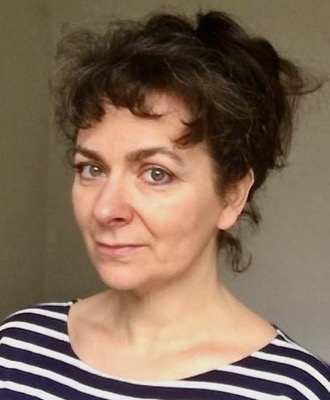Please tell us about your research at LCE, Anne.
My research with LCE will focus on the role literature plays in the perception and acceptance of novelty, and how this role has evolved since the Early Modern period. My current work, which is about the relationship between literature and chance, has led me to highlight the importance of artistic practices in our understanding of the unexpected, and our ability to manage it. The question of novelty – of what is unprecedented, disruptive, never appeared before – is one of the important aspects of this study: what elements make us perceive a situation, an event, as radically new, and how do we treat this quality, which can be perceived as a risk factor or as an element of progress? The process of scientific knowledge, which takes on the unknown element to integrate it into the set of known things, is one of the operations that allow us to manage this ambivalence of the new. But the transformation of the new by the imagination, and its integration into fictional representations is just as important in the cultural acceptability of newness, and in the elaboration of emotional responses adapted to new situations.
This role is well exemplified by the recent pandemic, which has triggered a global crisis of prediction, and has revealed fragilities not only in the way scientific information is constituted and the resulting knowledge disseminated, but also in the modes of cultural acceptance of novel situations. My project is based on the study of several moments of comparable epistemological crisis that have marked our relationship to the new since the beginning of modernity. It will consist in showing that literature – notably in its narrative forms – has been led to play an increasingly determining role, and more and more distinct from that of scientific knowledge, in the reorganization of attitudes that accompanies our abrupt confrontation with what we perceive as radically new.
What is your favourite kind of reading experience? Are there any specific literary works that you would like to recommend to us?
My reflections for this project rest of course partly on the reading of speculative fiction (see for instance the work of the «Red Team» group, funded by the Ministry of Defense in France), but also on the re-evaluation of reading experiences of long novel and romance cycles, of which literary historiography has often contributed to underestimate the addictive and innovative aspects they had for ancient and pre-modern societies: epic poems and novel cycles (Homer, Heliodorus, Chrétien de Troyes, Rabelais, Cervantes), multi-volume French and Italian baroque novels of the early modern period, the nineteenth-century serial novel and extensive historical cycles (Dumas, Balzac, Manzoni, Dickens, Trollope). I am currently reading Patrick O'Brian's wonderful historical sea novels (Aubrey&Maturin series). [External links]
